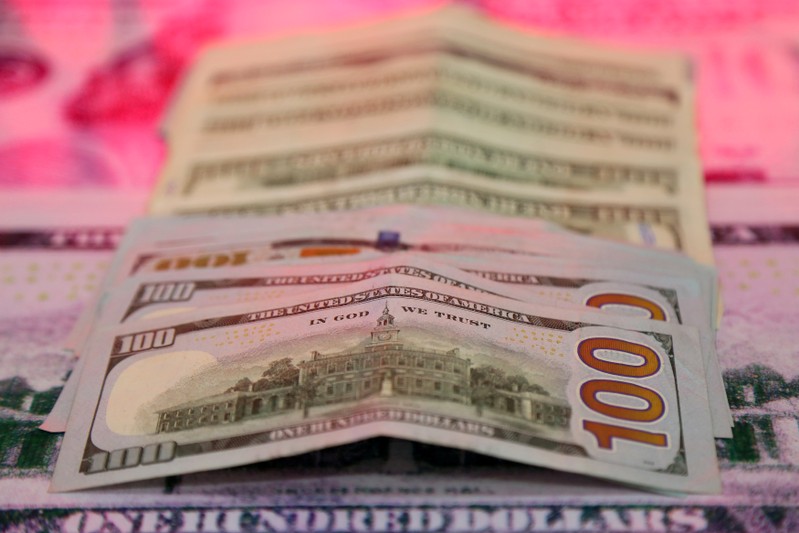
The EU has responded firmly to Iran’s threat to roll back its 2015 nuclear deal commitments, saying in a statement Thursday that it rejects any ultimatums but remained committed to the multilateral pact.
“We reject any ultimatums and will assess Iran’s compliance on the basis of Iran’s performance regarding its nuclear-related commitments under the JCPOA and the NPT,” the joint statement from the EU high representative and the foreign ministers of France, Germany and the U.K. read, referring to the deal itself — the Joint Comprehensive Plan of Action — and the Treaty on the Nonproliferation of Weapons, respectively.
In essence, the EU is saying that inspectors, not declarations, will determine how it approaches Iran going forward. And that may take some time: Data on Iran’s nuclear activities will be unclear until the International Atomic Energy Agency publishes its quarterly report in August.
Iranian President Hassan Rouhani announced Wednesday his country would end its compliance with two particular conditions of the nuclear deal if Europe did not step in to protect the country from U.S. sanctions, re-imposed after the President Donald Trump administration withdrew from the agreement one year ago.
Rouhani essentially gave Europe an ultimatum: Choose Iran over the U.S. by resuming Iranian trade in violation of sanctions, or see Iran return to higher levels of uranium enrichment. Tehran said it would restart construction on its Arak nuclear reactor, which was capable of producing weapons-grade plutonium and had been shut down as part of the 2015 deal.
“We remain fully committed to the preservation and full implementation of the JCPOA, a key achievement of the global nuclear non-proliferation architecture, which is in the security interest of all,” the EU statement read.
“We strongly urge Iran to continue to implement its commitments under the JCPOA in full as it has done until now and to refrain from any escalatory steps.”
The JCPOA, signed under the Obama administration, saw financial sanctions on Iran lifted in exchange for curbs to its nuclear program. It has since last year been on life support as European, Russian and Chinese signatories endeavor to save it and get around U.S. sanctions.
Iran’s economy has severely contracted, and Wednesday’s announcement was a signal of Tehran’s waning patience for Europe finding a solution.
European signatories to the deal in January launched INSTEX, a special purpose vehicle designed to enable trade with Iran by using currencies other than dollars, sidestepping U.S. sanctions. The mechanism has so far had limited success, but is a sign of Europe’s determination to defy the Trump administration’s efforts. If Iran breaks its obligations under the deal, however, the EU ministers’ statements suggest that those efforts will end and multilateral sanctions may be re-imposed.
“We also look to Iran to continue to adhere to established JCPOA formats and mechanisms including the JCPOA Joint Commission,” the statement read.
“We are determined to continue pursuing efforts to enable the continuation of legitimate trade with Iran, including through the operationalization of the special purpose vehicle ‘INSTEX’,” it added.
We call on countries not party to the JCPOA to refrain from taking any actions that impede the remaining parties’ ability to fully perform their commitments.”

